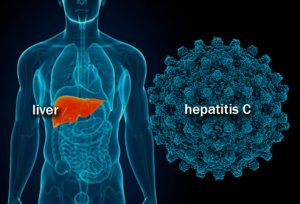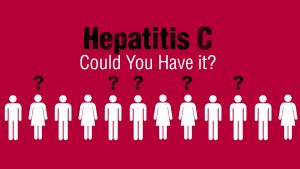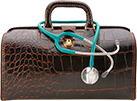Were you born between the years 1945 and 1965? If yes, you should talk with your doctor about getting tested for hepatitis C. Hepatitis C is a virus that affects the liver and can manifest as a mild illness lasting only a few weeks to a very serious, lifelong condition that attacks the liver.

Baby Boomers and Hepatitis C
Currently, most people become infected with the hepatitis C virus by sharing needles or other paraphernalia to inject drugs. Before 1992, hepatitis C was commonly spread through blood transfusions and organ transplants. Hepatitis C can also be spread from an infected mother to her unborn baby.
Some people are at higher risk for hepatitis C than others. These individuals include:
• People who have ever used needles to inject drugs, even if it was only once many years ago
• People who received donated blood, blood products, and organs before 1992
• People who received a blood product for clotting problems before 1987
• People who spent many years on dialysis for kidney failure
• People who received body piercings or tattoos using non-sterile instruments
• People with HIV
• Babies born to mothers infected with hepatitis C

Hepatitis C and your liver
Most people with hepatitis C never experience any symptoms. However, some individuals may develop fever, fatigue, jaundice (a yellowing of the skin), dark urine, abdominal discomfort. Because most people never develop symptoms it is important for those at risk or those born between 1945-1965 to discuss testing with their physician.
There is treatment for hepatitis C, which is another reason it is so important to be tested. Unfortunately, there is currently no vaccine. People with hepatitis C should avoid alcohol because it can cause additional liver damage. They should also check with their physician before starting any medications, supplements, or over-the-counter pills, as these can potentially damage the liver.

Could you have hepatitis C?
To learn more about hepatitis C visit:
http://www.mayoclinic.org/diseases-conditions/hepatitis-c/home/ovc-20207365
http://www.cdc.gov/hepatitis/hcv/cfaq.htm
http://www.who.int/mediacentre/factsheets/fs164/en/

